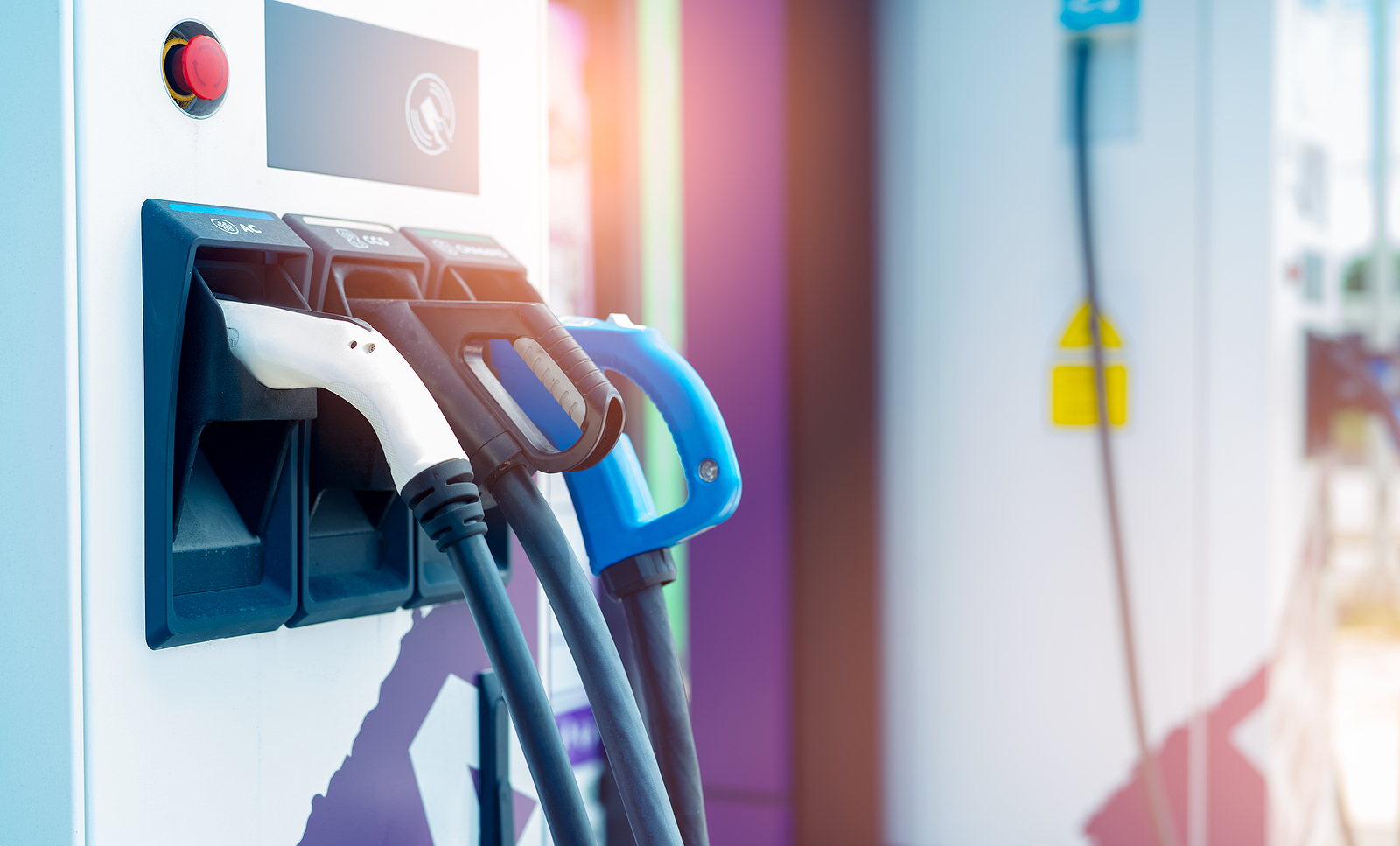Whether you are purchasing vehicles for a municipal fleet or your city only buys a vehicle every couple of years, there are a number of environmentally friendly and potentially cost saving options to consider.
Hybrids
Several cities in Iowa have purchased automobiles that use hybrid technologies. While these vehicles initially tend to cost more than traditional vehicles, they do have long-term fuel savings which can reduce or eliminate the price difference over time.
Hybrids can be part of any passenger vehicle replacement strategy. Hybrid vehicles have conventional engines that usually run on gasoline and include an electric motor equipped with a battery. Hybrids truly allow the best of both technologies. They reduce the need for fuel by 20-40 percent while at the same time keeping a conventional engine in place to allow for better acceleration and dependability.
Engineers of today’s hybrid automobiles have addressed many of the problems consumers and government purchasers had with battery-only electric operated vehicles. Problems such as a limited range, constant battery charging, limited acceleration and costly maintenance are a thing of the past.
New hybrids allow their components to work together, resulting in a car that requires a smaller internal combustion engine. Many of the models shut the combustion engine off during idle times and while driving at lower speeds. This allows for a cleaner and more energy efficient system. Manufacturers continue to make improvements to these vehicles.
The price difference between hybrids and their traditional counterparts is expected to further contract as the market for these vehicles expands.
Electric
In recent years, additional electric vehicle options have entered the automobile market. Often used for quick trips or for low speed tasks such as parking enforcement, electric vehicles are a viable option for select municipal tasks.
Alternative Fuels and the Clean Cities Program
The Clean Cities Program is a program sponsored by the U.S. Department of Energy which aims at expanding the use of alternative fuels, including compressed natural gas, propane, ethanol, methanol, electricity and biodiesel fuels.
The program goal is to help the nation achieve energy security while at the same time improving environmental conditions. The program is a voluntary program that works to engage local stakeholders in the promotion of alternative fuels.
In order to increase the long-term usage of alternative fuels, Clean Cities Programs are addressing issues like available fueling infrastructure and service availability for alternative fuel vehicles.
In Iowa, these efforts are being led by the Iowa Clean Cities Coalition (ICCC) which hopes to build strong, self-sustaining partnerships with industry, stakeholders, fleets, fuel suppliers and business partners with the goal of decreasing petroleum use.
Options for Existing Vehicles
Even if your city is not interested in purchasing a hybrid, electric or an alternative fuel vehicle in the near future, there are several things that can be done with existing vehicles to improve mileage and/or reduce their impact on the environment. Suggestions include:
- Replace gas caps that are damaged or have broken seals.
- Don’t top off the tank during fueling. This releases harmful vapors into the air.
- Don’t ride the brake.
- Inflate tires properly, check regularly.
- Check all vehicles for leaks and fix promptly.
- Keep all vehicles tuned-up and emissions compliant.
- Promote fuel-efficient driving techniques (cruise control, steady acceleration and braking).
- Air-conditioning drags your fuel economy down as much as 20 percent. Roll down the windows, particularly at lower speeds.
- Avoid cranking the air conditioner the moment you start the car, roll down the windows to remove the initial volume of hot air; then turn on the air conditioner.
- Timely replacement of air filters.
- Carpool or combine trips when possible.
- Start an anti-idling policy; turn vehicles off if stopping for more than five minutes.
- Start your engine, then drive. Most modern vehicles do not need extended warm-up periods, so when you start your vehicle it should be ready to drive.
A mix of proper maintenance and changing some of our long-standing driving habits can go a long way to save cities money and reduce energy costs.






